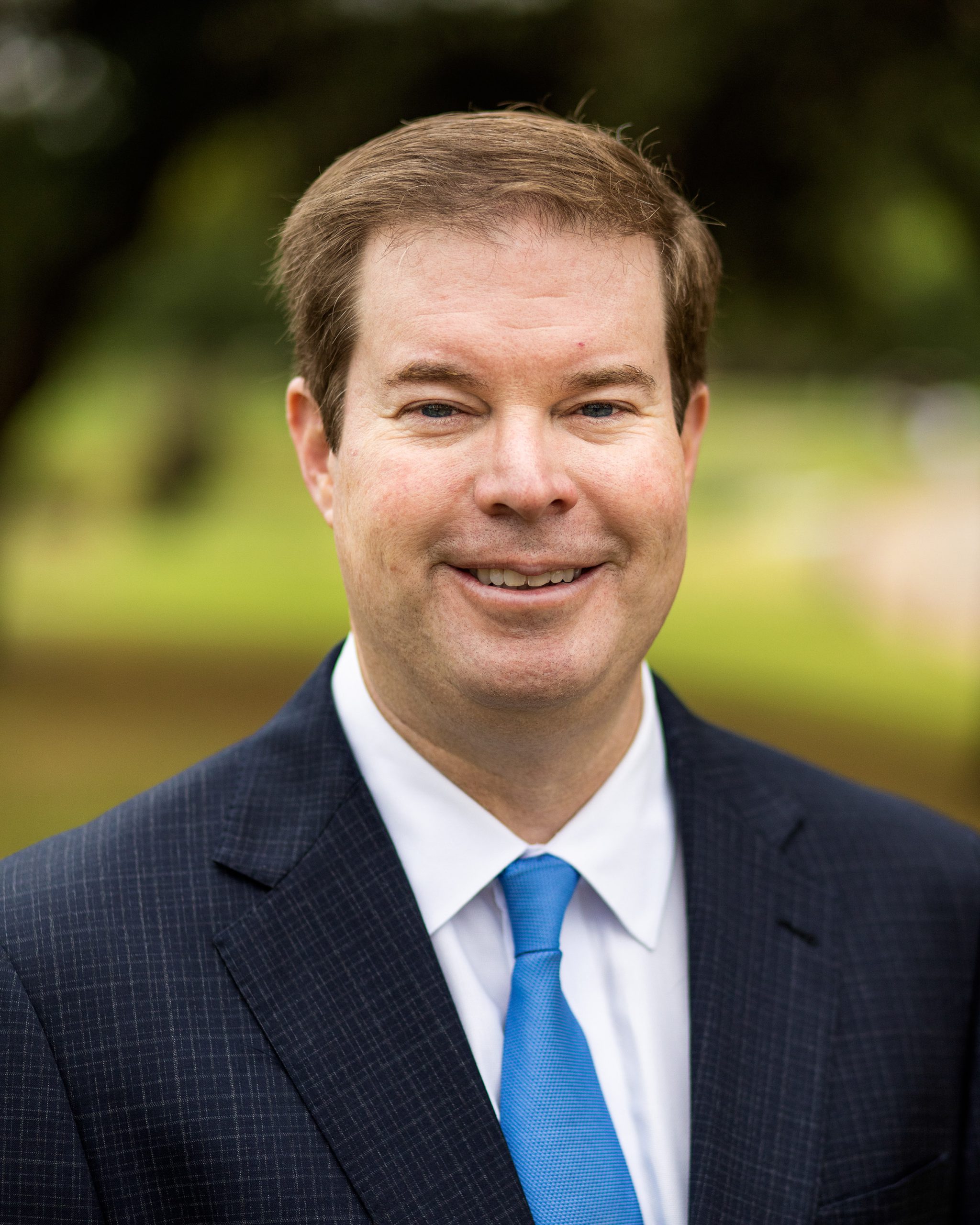Guest Commentary. The U.S. inflation rate recently hit a 40-year high, leading many Americans to ask themselves what they can do to stay afloat during challenging financial times.

As a community bank, we often hear from people trying to adjust to new costs. High inflation affects everyone differently. Individual characteristics, such as income level, spending habits and financial obligations play a role in determining your ability to adapt to inflation. However, regardless of your personal circumstances, there are steps you can take to reduce or maintain your monthly expenses.
Drivers are currently experiencing sticker shock at the gas pump. While completely cutting out gas isn’t an option for most, many people can make fewer trips or carpool to work. By running multiple errands at once, you can save yourself both time and money.
If you aren’t already budgeting, now is the time to start. Make it a habit to consistently review how and where you’re spending your money. Set aside a specific amount for monthly housing expenses, groceries and other items. Some of these expenditures, such as a mortgage, are fixed and will remain the same month-to-month. For other areas, such as new technology or clothing, economists recommend practicing the “30-day rule.” When an item catches your eye, give yourself a cooling-off period between the time you see it and the time you buy it. Ask yourself—is this something I need now?
Inflation is especially alarming for people on a fixed income, because rising prices for food, gas and utilities can come at an even greater cost. Considering various options to reduce energy spending in your home, including unplugging electronics when they’re not in use, sealing air leaks around windows and doors, and using fans to cool spaces.
Additionally, contact your county clerk's office to find out if you qualify for a homestead exemption. Doing so can lower the impact of property taxes, saving you a few extra dollars each month.
Changes in the national and global economy can be stressful but adjusting spending now will help prepare you for the road ahead. By implementing these tips, you can stay organized and help control everyday expenses.
James Boggs is the president of community banking at First National Bank & Trust Co, which is owned by the Citizen Potawatomi Nation, based in Shawnee, Okla.
Help us defend tribal sovereignty.
At Native News Online, our mission is rooted in telling the stories that strengthen sovereignty and uplift Indigenous voices — not just at year’s end, but every single day.
Because of your generosity last year, we were able to keep our reporters on the ground in tribal communities, at national gatherings and in the halls of Congress — covering the issues that matter most to Indian Country: sovereignty, culture, education, health and economic opportunity.
That support sustained us through a tough year in 2025. Now, as we look to the year ahead, we need your help right now to ensure warrior journalism remains strong — reporting that defends tribal sovereignty, amplifies Native truth, and holds power accountable.
 The stakes couldn't be higher. Your support keeps Native voices heard, Native stories told and Native sovereignty defended.
The stakes couldn't be higher. Your support keeps Native voices heard, Native stories told and Native sovereignty defended.
Stand with Warrior Journalism today.
Levi Rickert (Potawatomi), Editor & Publisher

